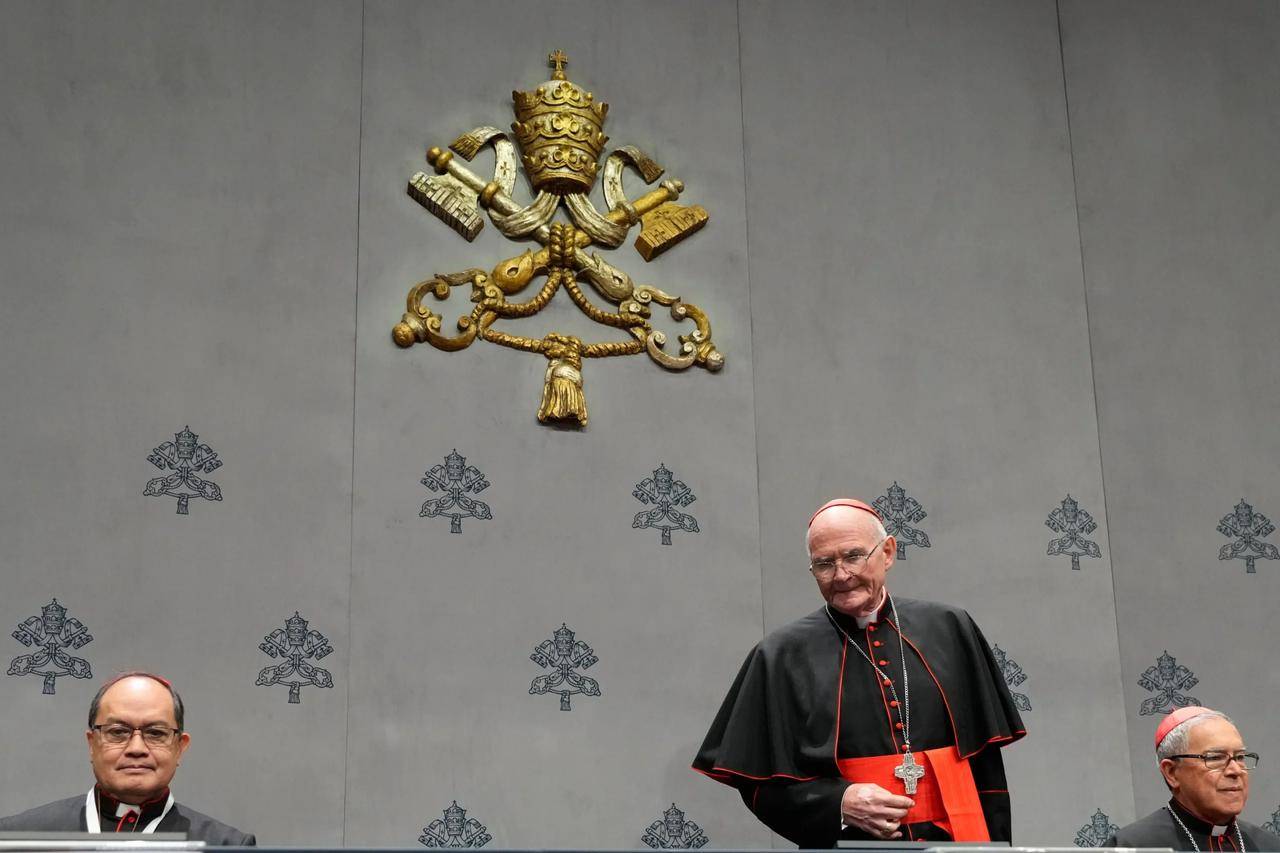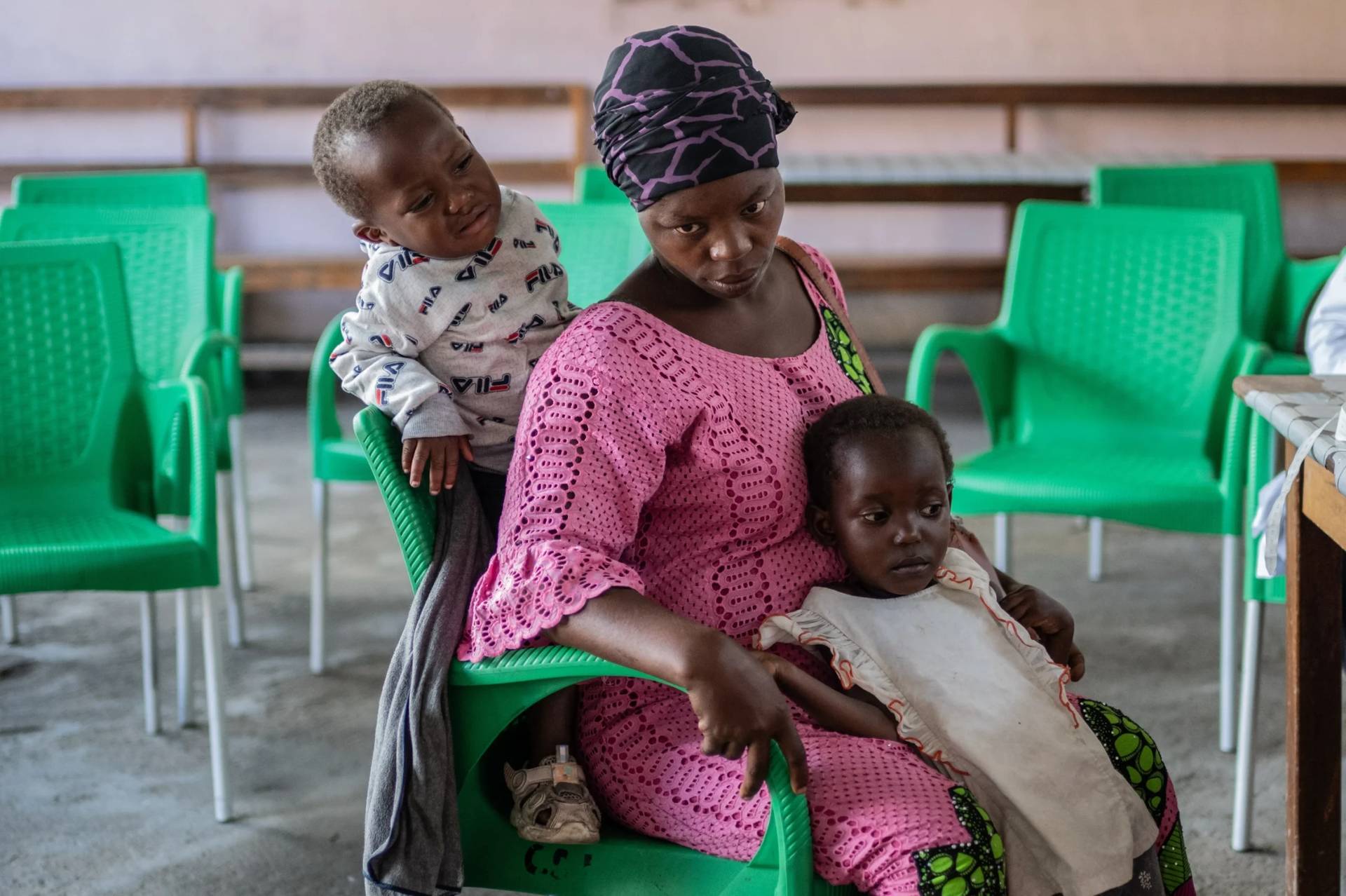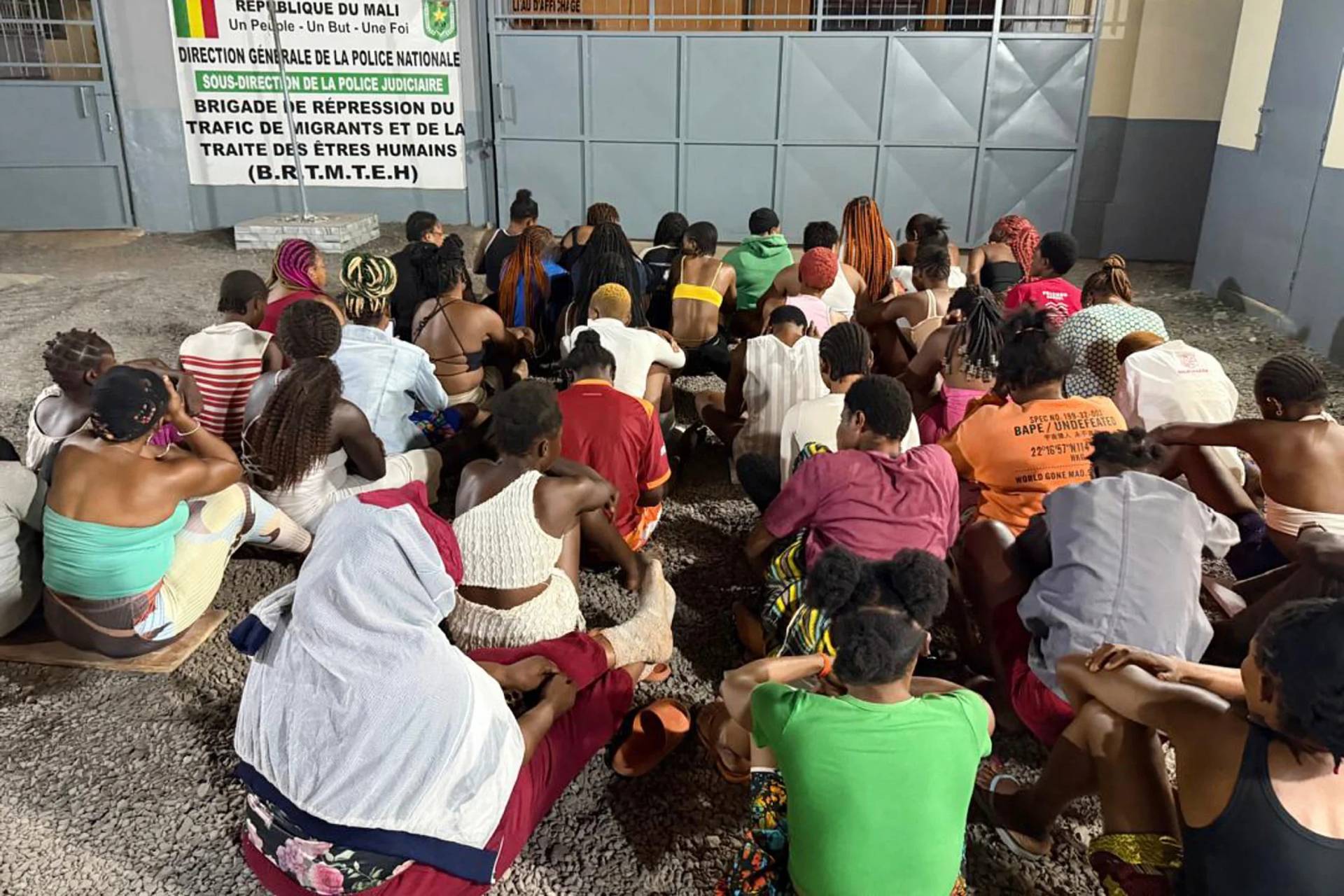YAOUNDE, Cameroon – Amid a recent controversy in Nigeria over a university-sponsored examination of witchcraft opposed by some Christian communities, one of the country’s Catholic bishops said the plain fact of the matter is that witchcraft matters to a lot of people – otherwise, he said, “No one would be talking about it.”
“It (witchcraft) does exist, and even Jesus had encounters with what we might refer to as the equivalent of these powers that derive from forces other than God,” said Bishop Matthew Kukah of Sokoto, in the country’s Muslim-dominated north.
“It’s easy for those who do not believe in them to dismiss them, and perhaps, rightly so,” Kukah said. “But for those who believe in them, their potency is real and their disciples work hard as mediators through rituals,” Kukah told Crux.
The bishop’s remarks came in the wake of an international conference on witchcraft held November 26-28 at the University of Nigeria-Nsukka (UNN).
Initially titled, “Witchcraft: Meaning, Factors and Practices,” an outcry from Christian groups in Nigeria forced organizers to rename it, “Dimensions of Human Behavior,” but the essence remained the same.
Organizers said the conference would help to investigate and critically evaluate belief in witchcraft, and assess its impacts on Nigerian society.
“Apart from rumors, can we intelligently discuss the phenomenon of witchcraft? Can we delineate its evolving dynamics, especially in regard to human and societal development? What does belief in witchcraft symbolize for civilians, the military, politicians, scholars and others?” asked Prof. Egodi Uchendu, head of the B.I.C. Ijomah Center for Policy Studies and Research of the university that hosted the conference.
She said the conference sought to determine the intelligibility of witchcraft, the principles that underpin it, and the effects it has on society.
She said many people across Nigeria have been subjected to ill treatment based on witchcraft-related accusations, citing the case of a Catholic priest who recalled that his stepmother had been burned alive on accusations of witchcraft.
Uchendu said the Nigerian military believes it can fight terrorism through witchcraft, as evidenced in the inclusion of “charms and charmers…in both the arsenal and the methods for a public contending with banditry in a state like Zamfara and Boko Haram, under the guise of the Joint Task Force.”
“This perhaps may be anchored on the thesis by the Chief of Army Staff that, I quote, ‘Boko Haram and the like cannot be defeated by kinetic military warfare alone’,” she said.
Uchendu said the persistence of the phenomenon in Nigerian society means that a strategy of fighting witchcraft mainly through prayer alone, used by many Christian groups, isn’t enough “to combat the challenges of belief in witchcraft,” noting that the university has the duty to help in “setting up the ideological imprint of a people.”
Kukah acknowledged the Church’s history with traditional witchcraft in Africa has been rocky.
Early missionaries, he said “took African religions to simply mean witchcraft and sorcery. However, with time, the Church has tried to dialogue with these beliefs with a view to adapting and not adopting them.”
Some Nigerian Christian communities accused conference organizers of themselves being witches and wizards themselves. The Pentecostal Fellowship of Nigeria (PFN), for instance, declared a two-day “prayer of warfare” against the conference, declaring that it was “sponsoring evil.”
“All Christians should, without further delay, call on the God of Abraham, Isaac, Jacob and the awesome God of David to fight for his name,” the church declared.
Uchendu, however, insisted the churches might have something to learn from a more academic approach.
“Church pastors discuss witchcraft regularly and preach against it all the time, drawing from their experiences during their training and in their ministries,” she said. “I am sure the information from this conference and the research findings would assist them in their work for the Gospel.”
“Surprisingly, some persons erroneously concluded that only witches can discuss witchcraft. We are not witches. We are professors and scholars who are intrigued by this phenomenon of witchcraft.”
Professor Benedict Ijomah is a retired Professor of Political Sociology with the University of Nigeria, Nsukka, and the namesake of the school’s Centre for Policy Studies and Research. He said it was in the interest of society to study a phenomenon causing heartache to many people in Nigeria and across sub-Saharan Africa.
“Witchcraft affects every family in Africa,” Ijomah said.
“If a marriage breaks down, they will say the woman is a witch or the husband is a wizard. Sometimes they will arrest a small boy and say he is a wizard because his brothers are not making any progress. This is the experience in Africa, but we don’t want to study it because we are hypocrites. We don’t want people to think we are witches,” he said.
He said witchcraft also exists in Europe, but said it tends to take more benign forms.
“It is only in Africa where you hear complaints of witches eating somebody’s child,” Ijomah said. “In Europe, they hold meetings with the witches and map out policies that will help their society to grow, so it becomes beneficial. Here in Africa, we are denying what we know to be true; that is why we cannot harness the knowledge to help the society.”
Kukah pointed out a link between witchcraft and poverty.
“Well, the conditions of witch doctors suggest very clearly that there is very little that they can do to change their conditions. Have you seen a witch doctor that is wealthy?” he asked.
“Witchcraft is characterized by fear of the elements, whereas God ordered man to control the elements and use creation for development. You can say that the stage of witchcraft is the state of unredeemed man, the darkness before the light. Science destroys witchcraft because it addresses the fears that witchcraft exploits by scientific proof.”
“Real development,” Kukah said, “drives out witchcraft.”
Crux is dedicated to smart, wired and independent reporting on the Vatican and worldwide Catholic Church. That kind of reporting doesn’t come cheap, and we need your support. You can help Crux by giving a small amount monthly, or with a onetime gift. Please remember, Crux is a for-profit organization, so contributions are not tax-deductible.











